10 Best Books on Copywriting for Aspiring & Seasoned Writers in 2024
Are you a beginner copywriter looking for books on copywriting? Like any skill, copywriting can be learned and mastered.
It’s the skill behind the choice of the phone or computer you’re using to read this blog post. It’s even the skill behind those countless online courses you bought (and have given up on) to chase this new skill (hopefully, you don’t quit copywriting as well).
Studies have shown that compelling copy draws 7.8 times more site traffic and produces better brand recall, so to become a better digital writer, you MUST learn copywriting. I will show you the 10 best books on copywriting that will help keep your readers’ attention to the end of your posts (just like I will do to you).
And if you’re anything like me, you’ll have at least 10 new books in your Amazon cart after reading this.
What are the Best Books on Copywriting?
If you’re looking for the best books on copywriting, consider the following options on the list.
Each one offers a range of benefits that will help you in the various stages of your copywriting journey, whether as a beginner looking to build a copywriting business or a seasoned freelancer looking to take their skill to the next level.
Also, each book recommended here has its unique benefits, so it’s wise to do your own research to find one that best suits your needs.

The Copywriter’s Handbook
For beginners who want to learn copywriting. It reveals dozens of copywriting techniques that can help you write both print and online ads, emails, and websites that are clear, persuasive, get more attention—and sell more products.
The Copywriter’s Handbook was the first copywriting book I read, and it gave me the foundational knowledge I needed. It’s a classic. And by all means, needed to be mentioned first.
It is a big read and would definitely give beginners the foundational knowledge to sound like experts.
I remember going into some sales calls when I was a newbie, and because I had learned copywriting terms like AIDA, PAS, the 4 U’s formula, etc., I felt I had impressed the client…okay maybe they didn’t think it was a big deal, but it was a proud moment for me quoting those copywriting terms like an expert.
Key Benefits
- It teaches headlines that work–and how to use them.
- Shows you the 5-step “Motivating Sequence” for generating more sales and profits
- Gives the tips for boosting landing page conversion rates
- Highlights the techniques to ensure your emails get high open and click-through rates
- Teaches you how to create powerful “lead magnets” that double response rates
- It explains the “4 S” formula for making your copy clear, concise, and compelling.
Pros
- Great for beginners
- Packed with insights and is easy to read.
- Clear steps to take thanks to its checklists.
- It breaks down complex ideas into simple terms.
- Great for people who know nothing about the skill.
Cons
- Gets repetitive.
- It’s an old book, so some lessons are outdated.
- It’s for beginners (you won’t learn much from here if you’re already a seasoned copywriter)
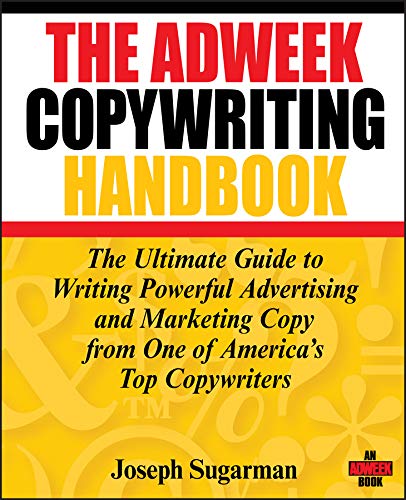
The Adweek Copywriting Handbook
This is the ultimate companion resource for anyone wanting to break into the advertising business or ad pros who just want to get better at what they do. Complete with real examples of high-quality copy for various media.
Joseph Sugarman’s book is another classic every beginner copywriter should read. The thing about copywriting is once you can understand the core principles, you’re a step ahead.
This book fulfills its promise of sharing the necessary foundational knowledge for copywriters just starting out.
It is written in a rather light tone, so it is easy to pick the book up (with a pen) and not drop it until you’re done reading or need to pee.
Key Benefits
- He walks you through the step by step through the entire copywriting process.
- He explains the vital elements that make a great copy and explores the emotional triggers that convince consumers to buy.
- He gives you all the tools and tactics you need to write the same kind of effective selling copy that has brought him fame and fortune.
- Teaches you the mechanics of how to put the words together to create compelling sales letters.
- Shows you examples of high-quality copy across different industries.
Pros
- Also great for beginners.
- Gives you the basic copywriting information.
- Offers tons of real-life examples, which makes it a simple read.
Cons
- It’s a bit outdated as he focused a lot on long copy and traditional marketing.
- He goes on and on about himself (but if you can overlook this, then it’s a good book)
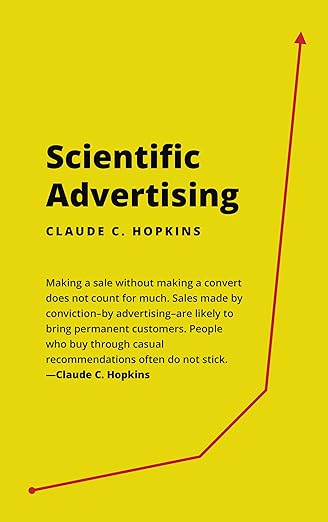
Scientific Advertising
This book covers many important aspects of advertising, including how advertising laws are established, mail-order advertising, headlines, psychology, strategy, budgeting, and more advanced subjects like negative advertising and how to test an advertising campaign.
Claude Hopkins, who is highly esteemed in the copywriting space and is famously called the father of modern copywriting created this short classic that teaches beginner copywriters everything they need to know about the skill. I still go back to this classic from time to time because of the amount of value it carries.
Even David Ogilvy, the OG copywriter, famously suggested that nobody should be allowed to have anything to do with advertising until they’d read this book seven times. I read the whole book in just a few hours. Reading this short book is a must for any aspiring copywriter – or even just someone wanting to improve their writing skills. It covers every aspect of the craft, from research, structure, tone of voice, headlines and calls to action.
Key Benefits
- He shares copywriting principles with real-life examples.
- He discusses the importance of maximizing return on investment, making it an invaluable resource for advertisers looking to make the most of their budgets.
- Hopkins emphasizes the importance of measurable and data-driven advertising campaigns, helping advertisers make informed decisions based on results.
- His writing style is clear and to the point, making it accessible for readers of all levels of expertise in advertising.
Pros
- A timeless guide to advertising that remains relevant in the digital age.
- Emphasizes a data-driven and scientific approach to advertising.
- Offers practical insights and real-world examples for easy comprehension.
- Cost-effective strategies for advertisers looking to maximize their ROI.
- Accessible and concise writing style.
Cons
- The book’s age means some examples and terminology are outdated, but the core principles remain relevant.
- It’s not a comprehensive guide to modern digital advertising methods.
- The editor should be fired because of how badly it was proofread (if it was at all). There were tons of grammatical errors.

Cashvertising
Cashvertising provides comparisons between different types of ads and their success rates in percentages, tips for making a headline in ad work, a look at the benefits of captions under photos, tricks for making people respond to an ad, guidelines on things that should never be written in an ad, and more. Original.
This is another easy read by the witty Drew Eric Whitman. I remember opening the amazon package and seeing how slim the book compared to Robert Bly’s copywriting handbook. I was a bit skeptical, even though I had read tons of reviews, but in my head I said, “since I’m trying to read as many copywriting books as I can lay my hands on, I’m just gonna read it.”
And 5 minutes into reading the book, I was hooked. I highlighted loads. Folded even more pages. Because I knew I was going to come back to it, which I have done.
Anyway, you’re going to enjoy reading this one.
Key Benefits
- Whitman delves deep into the psychological triggers that drive consumer behavior and buying decisions.
- He teaches readers how to craft compelling and persuasive copy.
- He shared personal stories and real-life examples which makes it a simple read.
- He offers over 100 actionable strategies that can be applied to various forms of advertising and marketing, from print to digital.
- He shares ethical advertising practices…which is something not many people talk about.
Pros
- A deep exploration of the psychological aspects of advertising and consumer behavior.
- His sense of humour made it easy to keep you flipping the pages.
- Comprehensive lessons in copywriting to create compelling ad campaigns.
- Practical and actionable tips with real-world examples for easy application.
- A wealth of strategies to boost the effectiveness of advertising and marketing efforts.
- Strong emphasis on ethical advertising practices.
Cons
- It is packed with so much information, so you need to take your time or read it a few times over to grasp everything fully (this should be an advantage…but I needed to populate this section 🙂
- He focused a lot on print ads.
- His writing style can be cheesy, he frequently says things like, “this worked because it kept you reading.” (I lowkey understand why Claude hopkins didn’t really like humourous writing)
- There’s no much new information because most of the things he covered were already spoken about in the older books. I think he desperately tried to make up for it with his humour and real-life examples.

Influence
Fill in your product description here. Add your product image to the left. If you are using an Amazon Affiliate image, use a ‘Custom HTML’ block instead of an image block and paste in your image code from Amazon. Add your product link to the button below.
No “best books on Copywriting” list will be complete with the OG persuasion book – Influence.
This book is a captivating ride through the crazy maze of psychological triggers that control our decision-making. Whether you’re a marketer, salesperson, manager, or just curious about the human mind, you’ll gain some seriously mind-blowing insights into the reasons behind your choices. Trust me, you won’t get a better book on persuasion.
It’s so good that Drew Eric kept referencing it in Cashvertising.
And even though it was published way back in 1984, “Influence” is still remarkably relevant in today’s world. With digital influence and social dynamics shaping our era, this timeless book is a guiding light for us writers.
Key Benefits
- His work offers deep insights into how people are influenced and the strategies we can use. It’s really interesting to see.
- He outlines six universal principles of influence: reciprocity, commitment and consistency, social proof, authority, liking, and scarcity.
- This book is jam-packed with case studies and real-life examples that bring the principles to life!
- Timeless relevance
Pros
- Teaches you how to get your prospects to take action.
- The 6 universal frameworks can be applied to sales pages, emails and whatever copy you create.
- Real-world examples and actionable advice that make the content immediately applicable.
- Emphasis on ethical use of influence, ensuring responsible application.
Cons
- The many examples can become boring.
- Unnecessary information that makes the book longer than it should be
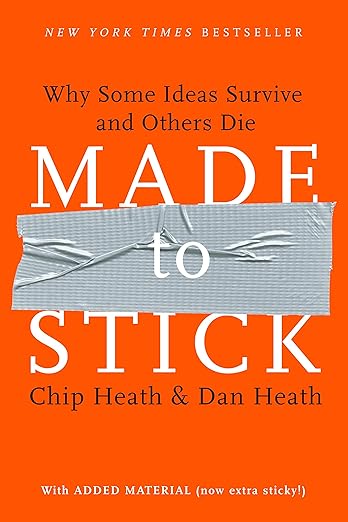
Made to Stick
“Made to Stick” by Chip and Dan Heath provides invaluable insights into the art of crafting enduring ideas. They reveal the factors that determine the memorability of specific concepts and narratives. This book explores the power of impactful communication and how to make your readers remember your message.
First of all, this book will improve your communication skills. It shows us the vital principles of winning ideas and how we can apply these rules to make our messages stick in the easiest way possible.
This is not a Copywriting book (which is why I didn’t list it as one for beginners), but it should be read by all copywriters, freelance writers and content creators. It’s a book about why ideas catch on, which can help your copy stick in readers’ minds.
Key Benefits
- It introduces the SUCCESs framework for crafting sticky ideas.
- “Made to Stick” is packed with awesome real-life examples and case studies that vividly show the principles in action. It’s like getting a front-row seat to see how these ideas really work!
- The book explains the principles and provides actionable advice on implementing them effectively.
- The principles discussed in “Made to Stick” are universally applicable. They can be used in various contexts, from advertising and public speaking to everyday conversations.
- The writing was engaging. They made complex concepts easy to read.
Pros
- A complete framework for crafting ideas that stick, make an impact and stick with people.
- Loads of real-life examples and case studies for practical understanding.
- Actionable advice for effectively applying the principles in various contexts.
- Universally applicable principles suitable for copywriters, public speakers, and even the guy at the newspaper stand
- It’s packed with stories (but this didn’t work in their favor…see the next point)
Cons
- It gets so repetitive and, I mean, dare I say it…a little boring.
- It could have been written in a fewer words.
- While the SUCCESs framework is valuable, it might not delve deeply into the specifics of individual industries or professions.
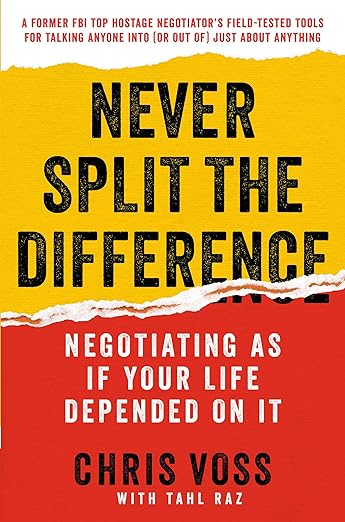
Never Split the Difference
“Never Split the Difference” by Chris Voss is an exceptional guide to the art of negotiation, drawing from the author’s experience as an FBI hostage negotiator. Published in 2016, this book offers an invaluable resource for anyone seeking to improve their negotiation skills, whether in business, personal, or everyday situations.
I read this book and was immediately convinced I could interrogate anyone. That dream died a natural death though.
Every one needs to learn the art of negotiation because everything is a negotiation. This ranges from talking to your clients, your kids (on why they should go to bed on time), or with your partner on why you won’t be able to do that dumb Tiktok challenge with her.
This book teaches you negotiation and improves your persuasion skills.
Key Benefits
- Voss shares an arsenal of negotiation tactics and techniques honed during his FBI career, emphasizing effective and ethically sound strategies.
- He emphasizes the importance of empathy and active listening in successful negotiations, showing how understanding and validation can yield mutually beneficial outcomes.
- “Never Split the Difference” is filled with real-world negotiation stories, offering practical examples that demonstrate the principles in action and make the concepts immediately applicable.
- The book is versatile, offering insights applicable to professional negotiations, such as business deals and personal negotiations, including conflicts and disputes.
- Even though it was published back in 2016, this book’s negotiation principles are still as relevant and valuable as ever.
Pros
- Comprehensive and actionable guidance on negotiation tactics.
- Emphasis on the importance of empathy and active listening in negotiations.
- Real-world examples and stories that illustrate the principles in practice.
- Versatile insights suitable for professional and personal negotiation scenarios.
- Timeless advice that remains highly relevant in the world of negotiation.
Cons
- Some strategies are unrealistic and even cringe-worthy
- I had a problem with how badly written it was
- Tough to read because of how repetitive it gets
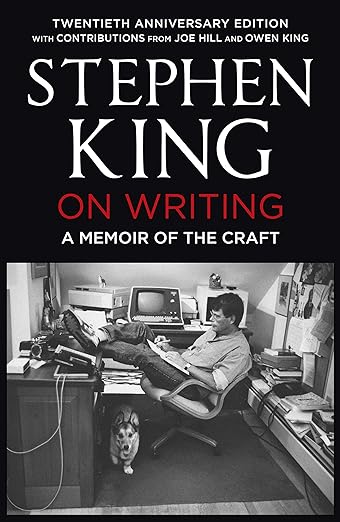
On Writing
Stephen King offers captivating insight into his unique world of writing. From his college days to his recovery from a life-threatening accident, King explores the craft and its meaning. He provides a writer’s “tool kit” with reading recommendations, writing assignments, story corrections, and practical advice on plot, character, paragraphs, and literary models.
If you want to learn storytelling then this book is a must-read.
Although he shares insights from the standpoint of a novelist and for novelist, copywriters will still greatly benefit from this book.
Key Benefits
- King takes you on a journey through his life as a writer, from his early struggles and formative experiences to his extraordinary success.
- The book is filled with practical writing advice, covering topics such as storytelling, grammar, and editing.
- King’s writing style is honest and approachable, making the book easily accessible to a wide range of readers.
- Throughout the book, King shares immersive anecdotes and real-life experiences.
- Despite being published over two decades ago, “On Writing” remains relevant in the ever-evolving world of literature and storytelling.
Pros
- A unique combination of memoir and writing guide offers inspiration and practical advice.
- Stephen King’s got some serious wisdom as a seasoned author, dropping valuable insights into the writing craft.
- An honest and friendly writing style that resonates with a wide range of readers.
- Interesting and immersive stories that bring the discussed principles to life.
- Has insights that continue to benefit writers in the modern era.
Cons
- Talks about himself a lot, but that’s the point of a memoir.
- I didn’t find it boring, but many people do.

How to Write Copy That Sells
How to Write Copy That Sells” by Ray Edwards is an indispensable guide for anyone seeking to master the art of copywriting. Published in 2016, this book offers a comprehensive resource for crafting persuasive and effective copy that drives sales and engages the target audience.
This book is perfect for anyone who wants to write copy that sells, whether you’re a copywriter, freelancer, or entrepreneur.
This is a book I should have learned 4 years ago when I started my copywriting journey, but I read it this year, after reading tons of copywriting books and still found value. And this is why it is tagged “great for experts and beginners.”
Let’s face it, nailing that persuasive copy without sounding too salesy can be a challenge, but it’s a skill you absolutely need! So, get ready to learn some awesome tips and tricks from Ray.
Key Benefits
- The book is filled with practical advice, strategies, and techniques for creating impactful copy across various marketing materials.
- Edwards has covered all your copywriting needs: websites, ads, emails, sales pages—you name it! His guidance works wonders across different marketing channels, making it a super versatile resource.
- This book goes deep into the psychology of persuasion, showing you how to connect with your audience, understand their needs, and create killer messages that drive conversions!
- It even comes with a link to his amazing free copywriting course (lead magnet 🤓)
Pros
- Good for beginners and experts
- Straight to the point.
- Easy to implement teaching
- In-depth exploration of persuasion principles and psychology for effective copy.
- Real-world examples and case studies that illustrate the principles discussed.
- Timeless.
Cons
- It seemed a bit rushed and not as in-depth as I would have wanted.

Thinking Fast and Slow
“Thinking, Fast and Slow” by Daniel Kahneman is a remarkable journey through the intricacies of human thought and decision-making. First published in 2011, this book is a landmark work in the fields of psychology and behavioral economics, offering profound insights into the two systems of thinking that shape our judgments, choices, and everyday decision-making.
I was hooked on this book from the very beginning – absolutely fascinating! It delves into the depths of our thoughts and unravels the cognitive biases we all have in decision-making. Some mind-blowing insights await you.
However, I must say, it’s not your go-to for instant headline ideas if you’re a copywriter. It can be a bit lengthy and boring, but it will undoubtedly deepen your understanding of human psychology. It’s been a game-changer for my copywriting, though it may not be the ideal starting point to master the craft. Grab it when you’re ready for a mind-expanding journey!
Key Benefits
- Kahneman explores the duality of human thought: System 1, fast and intuitive, versus System 2, slow and logical. This framework deepens our understanding of decision-making.
- The book delves into cognitive biases and heuristics that shape our thinking. Kahneman’s research reveals valuable insights into the errors and shortcuts our minds often employ.
- He provides practical applications of his research to help readers identify and reduce cognitive biases, enhance decision-making, and avoid common thinking pitfalls.
Pros
- It makes you a better copywriter as it shows you how your readers make decisions
- In-depth examination of cognitive biases and heuristics, offering a better understanding of thinking pitfalls.
- Practical applications of the research to help readers make better decisions and improve their thought processes.
- Makes complex concepts understandable.
- It gives you a lot to think about.
Cons
- Can be a dense read, so you need to take your time with it
- It gets repetitive
- You won’t find this easy to read as a casual reader.
Conclusion
That’s my pick on the best books on copywriting for writers. So, whether you’re a marketer, writer, brand manager, or just someone who’s curious about the human psyche, these books are a goldmine of knowledge and practical applications. They’re like treasure troves for personal and professional growth, providing timeless insights that have a profound impact on their respective fields. Trust me, these books are absolute game-changers!
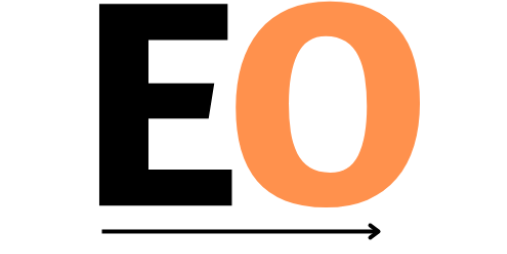


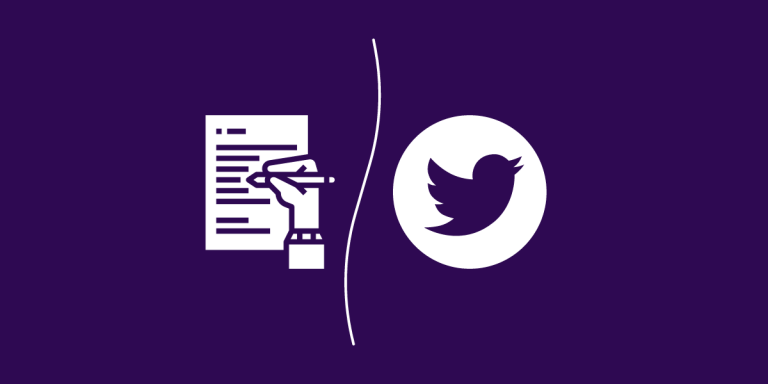
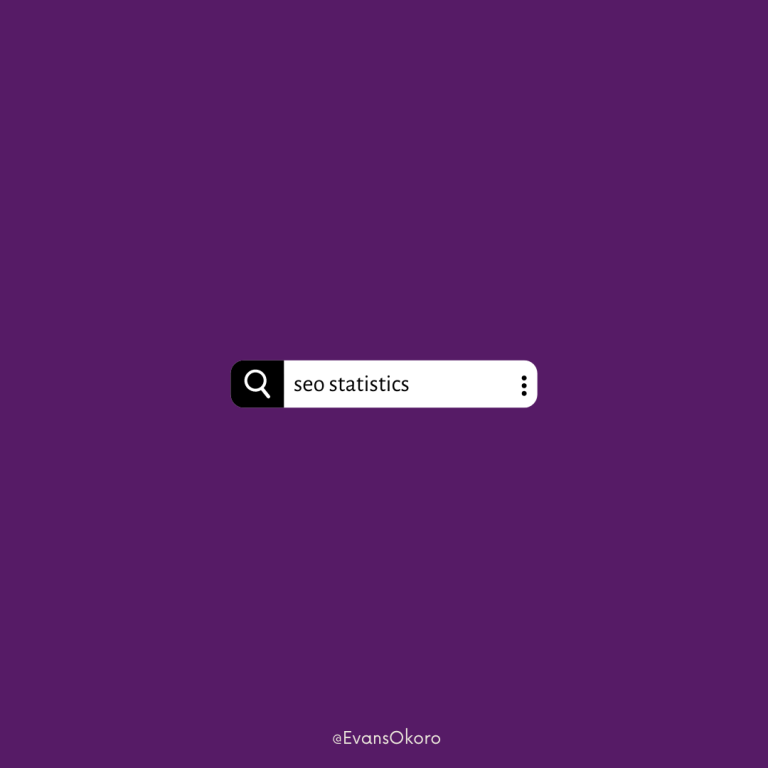

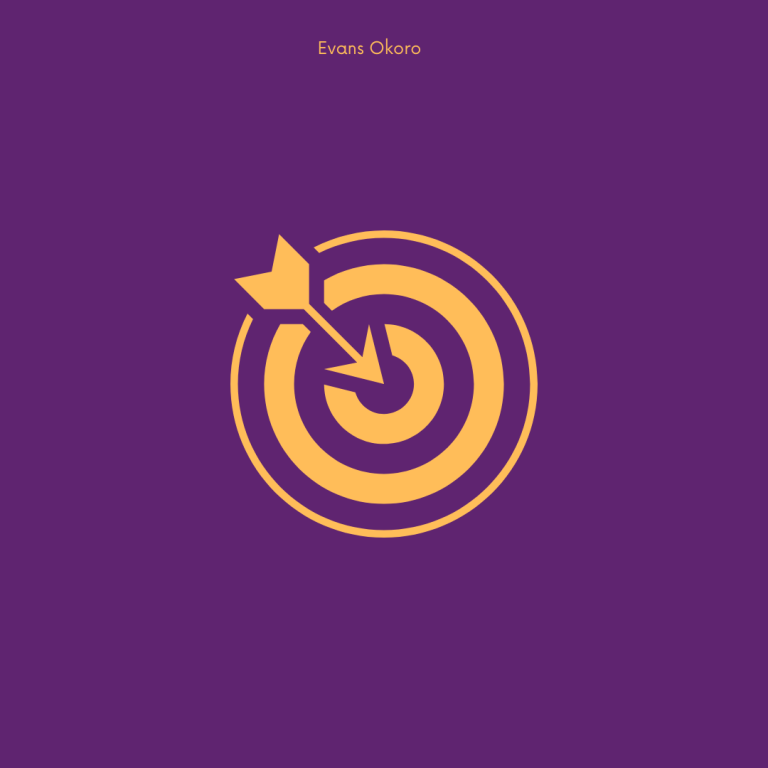
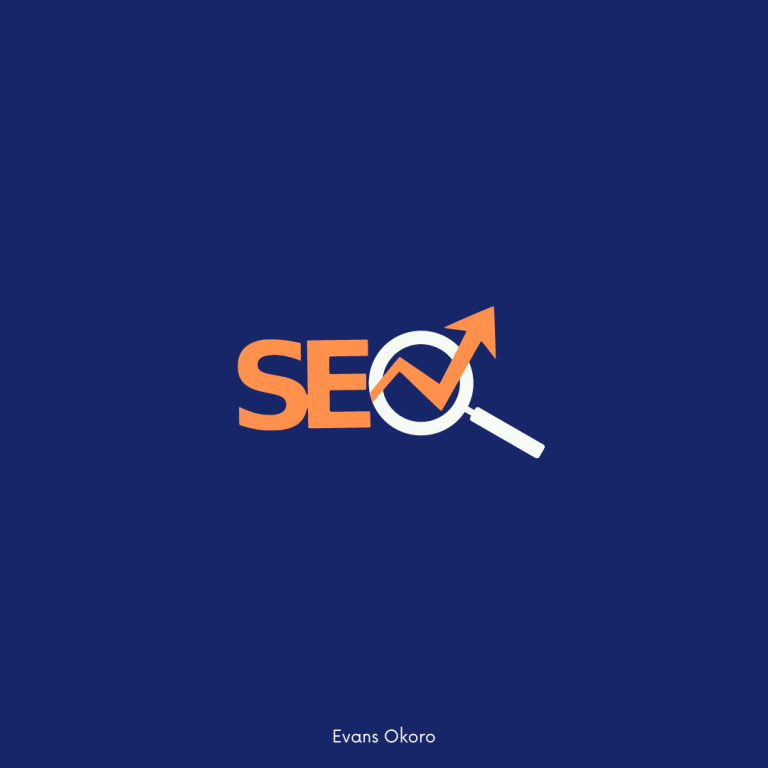
6 Comments